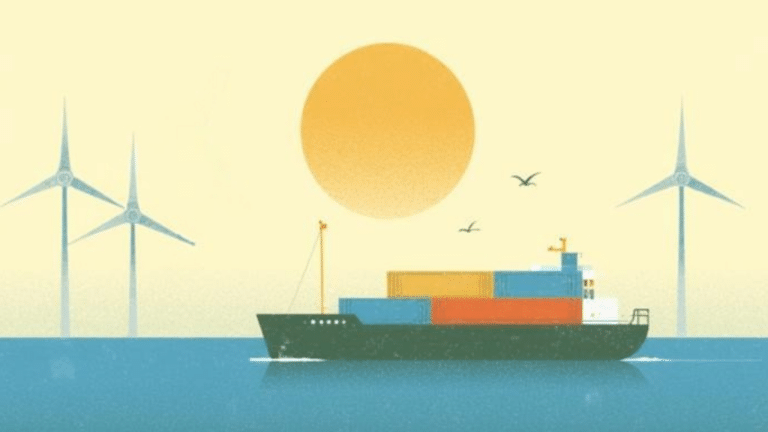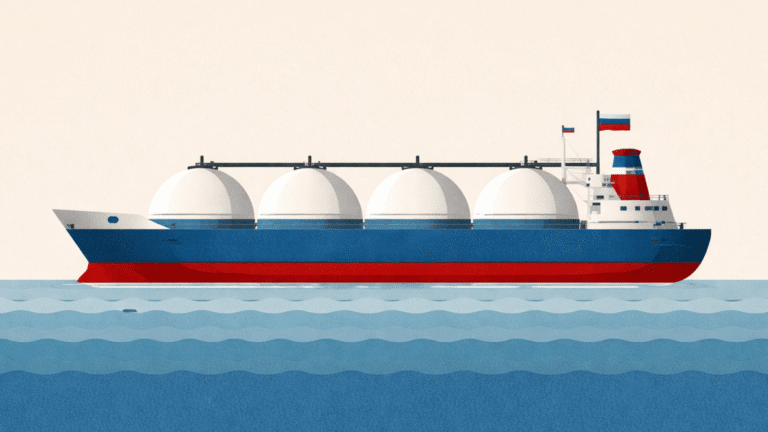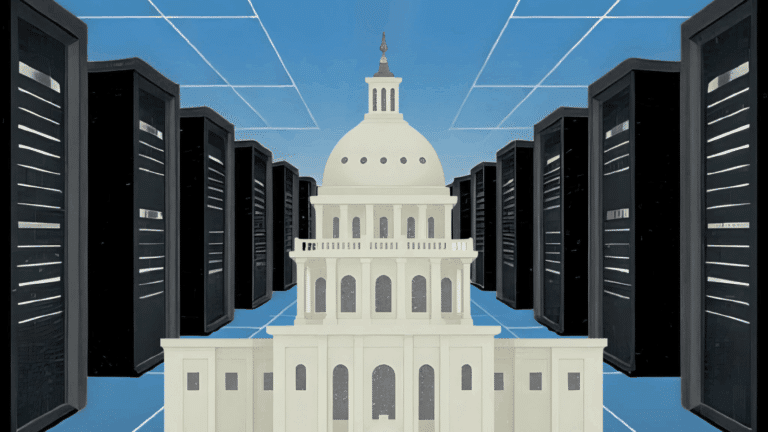Could a strategic lithium reserve kickstart US supply chain development?
NEW YORK -- A strategic lithium reserve is being mooted as a solution to stabilize volatile prices that have hindered American mining projects, allowi
Current Access Level “I” – ID Only: CUID holders, alumni, and approved guests only
Past Event
December 10, 2015
1:00 pm - 3:00 pm
The Center on Global Energy Policy hosted a Women In Energy (WIE) dinner with Anita Odedra, Vice President, Global Shipping, BG Group.
Anita is responsible for BG’s global LNG, LPG and crude oil shipping businesses. Anita joined BG as a Geophysicist in 1997. She was appointed as an Executive Aide in 2001. After moving to Houston in 2004, Anita created and led the Chartering & Fleet Optimisation disciplines. Subsequently she held roles as Director – Supply & Commercial Operations (GEMS) where she optimised BG’s global LNG sales and purchase agreements and Commercial Director – Business Development, where she was venture director for the Lake Charles Export Project. Prior to BG, Anita worked at Exxon as a Geophysical Analyst. Anita has a PhD in Rock Physics from University College London and a BSc in Geology from Imperial College, London.
On January 1, 2026, the European Union's highly-anticipated Carbon Border Adjustment Mechanism (CBAM) will take effect. Introduced in 2023, CBAM will require the importers of certain carbon-intensive goods...

The Center on Global Energy Policy at Columbia University SIPA's Women in Energy initiative and Accenture invite you to join us for an evening of conversation and networking...

The Columbia Global Energy Summit 2026 is an annual event dedicated to thought-provoking discussions around the critical energy and climate challenges facing the global community.

The event is for CUID holders only. Please note: space is limited. The Center on Global Energy Policy at Columbia University SIPA invites Columbia University students to a...

This Energy Explained post represents the research and views of the author(s). It does not necessarily represent the views of the Center on Global Energy Policy. The piece...

Geopolitical uncertainty associated with Russian gas exports could swing the range of those exports by an estimated 150 bcm per year.

From the east to west and north to south, in red states and blue states, attention to data centers is skyrocketing in state capitals across the United States.
